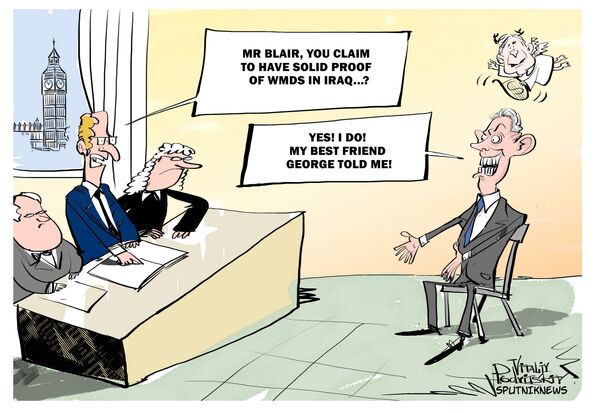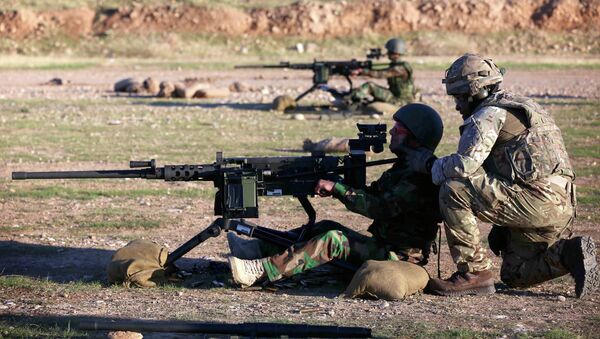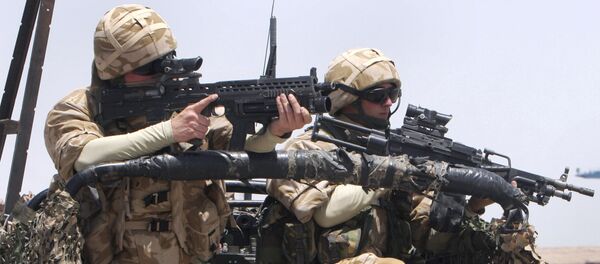The findings were unveiled on Wednesday following a seven-year inquiry.
"Surely, this is embarrassing for the British military that is believed to be one of the best in the world," the analyst noted.
The report found that the UK Ministry of Defense "was slow" in providing the equipment that the troops deployed to southern Iraq badly needed to maintain their safety. In his statement, Sir John Chilcot specifically mentioned the threat from improvised explosive devices that the agency failed to identify as serious.
An ill-prepared and underequipped British force was compelled to make an agreement with its adversary, a powerful militia in Basra. "It was humiliating that the UK reached a position in which an agreement with a militia group which had been actively targeting UK forces was considered the best option available," Sir Chilcot noted.
Needless to say, the British people could not have been happy about these findings.
"The Brits love their army. There is almost no anti-militarist sentiment in the country," Huyghe, research director at the IRIS think tank, said. "This is a huge disappointment for [the people], at least when it comes to the army's command and those responsible for planning."
The inquiry, led by Sir John Chilcot, also found that then British Prime Minister Tony Blair made a decision to invade Iraq by exaggerating the threat that the country under Hussein posed to its neighbors and beyond at a time when all diplomatic means of resolving the issue had not been exhausted. In addition, the entire Iraq policy was based on flawed intelligence and assessments.




